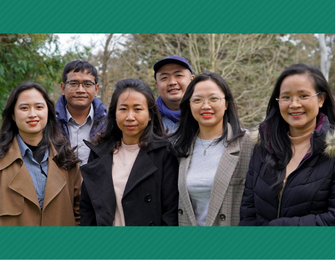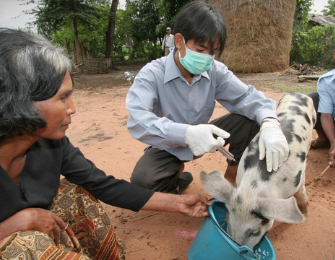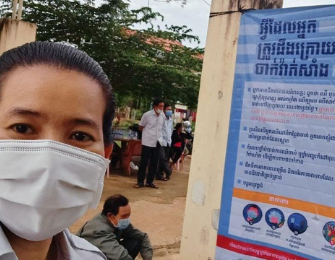Health service programs for diseases such as malaria and TB require medicines that are effective, safe and are of good quality. National drug quality laboratories have an important role to protect consumers from sub-standard and falsified medicines that can cause serious adverse reactions by testing medicines from manufacturers and suppliers.
The program has been supporting Cambodia’s National Health Quality Control (NHQC) laboratory and Laos’ Food and Drug Quality Centre to attain international accreditation standards. Achievement of these higher standards will ensure more effective and timely testing of medicines which will reduce the risk of falsified medicines being sold on the market and increase patient trust in the safety of their medicines.
This project will work to support their attainment of international accreditation standards, WHO pre-qualification and ISO/IEC 17025:2017, respectively.
Impact So Far
- The program is building capacity for testing the quality of COVID-19 therapeutics and personal protective equipment by establishing and operationalizing quality assurance and quality control systems. The program is delivering laboratory equipment calibration training in both national quality control laboratories to strengthen infectious disease testing capabilities which will bolster the region’s preparedness for future infectious disease outbreaks.
- Since September 2020, USP staff have supported their counterparts to develop and revise technical guidelines, manuals, and procedures; and facilitated theoretical and hands-on trainings to strengthen the capacity of laboratory staff. The program has also supported a regional learning exchange between laboratory staff from Laos, Cambodia, Indonesia, and Papua New Guinea.
- The program is working with both national quality control laboratories to conduct a review of human resources polices and hiring practices related to gender and people living with disabilities and will work with laboratories to enhance processes. Over the period 2021-22, 60% of those trained were female.




